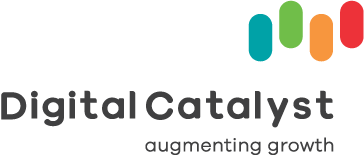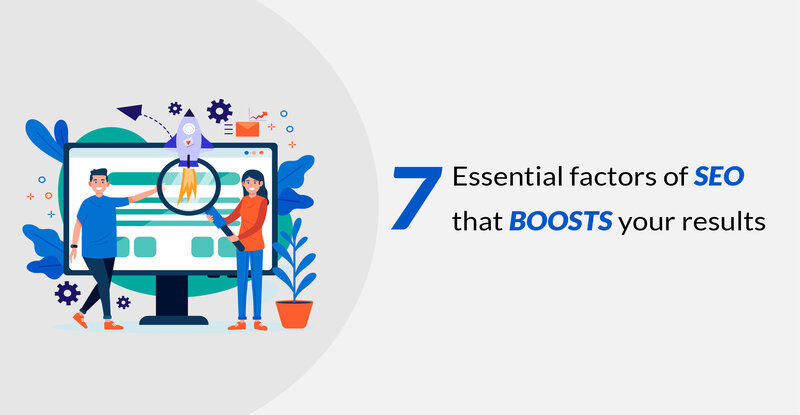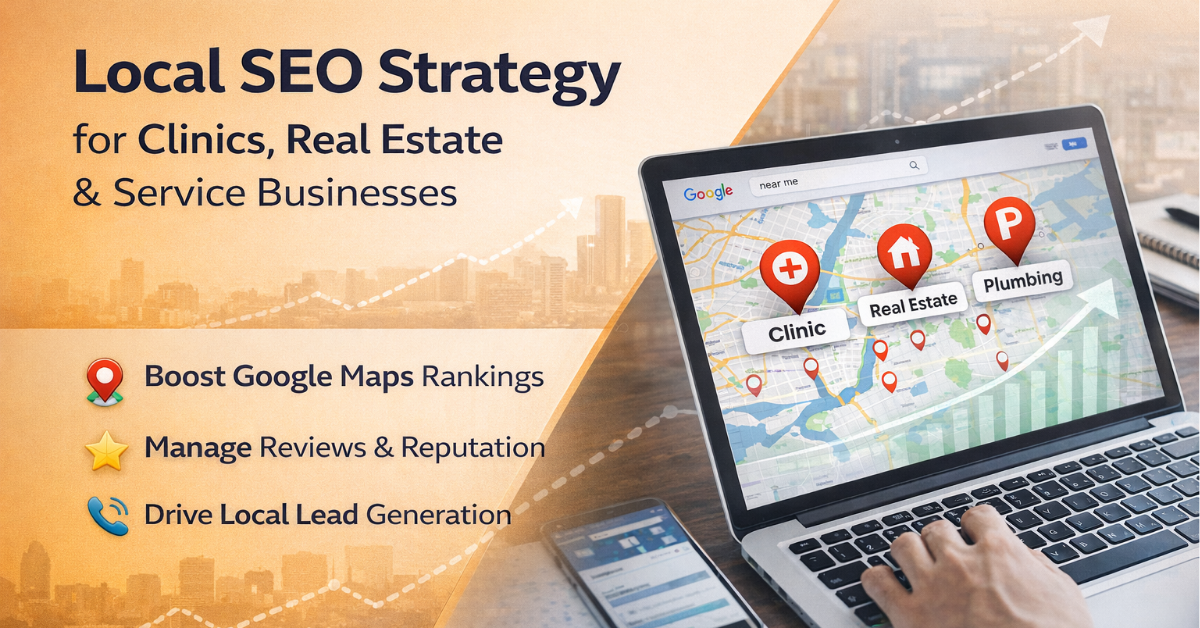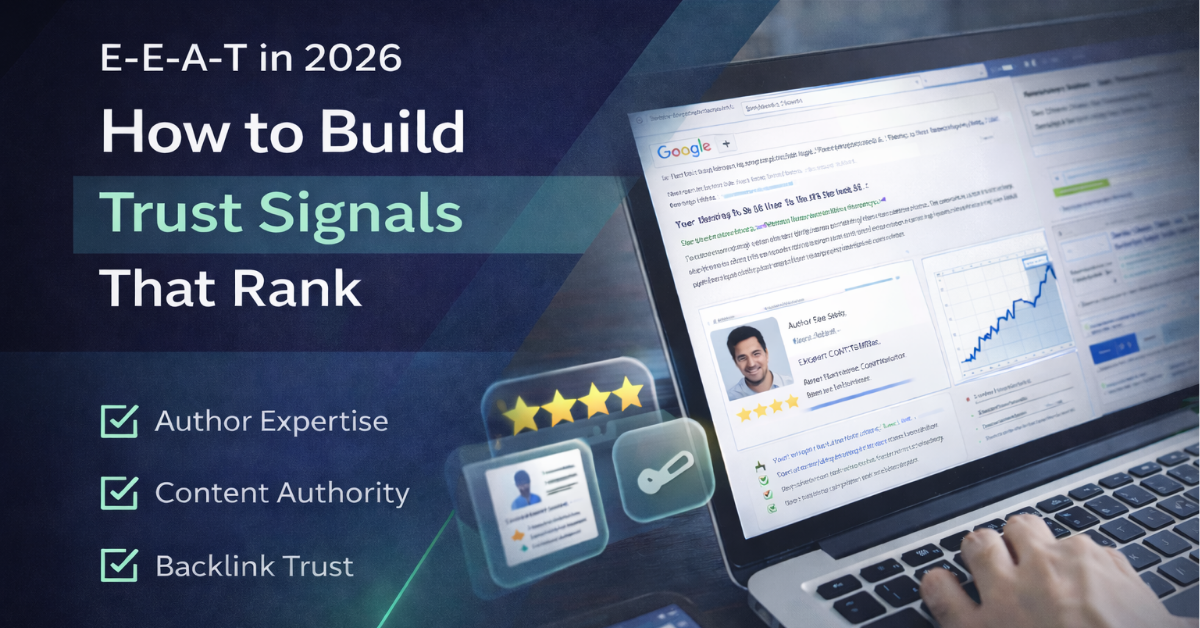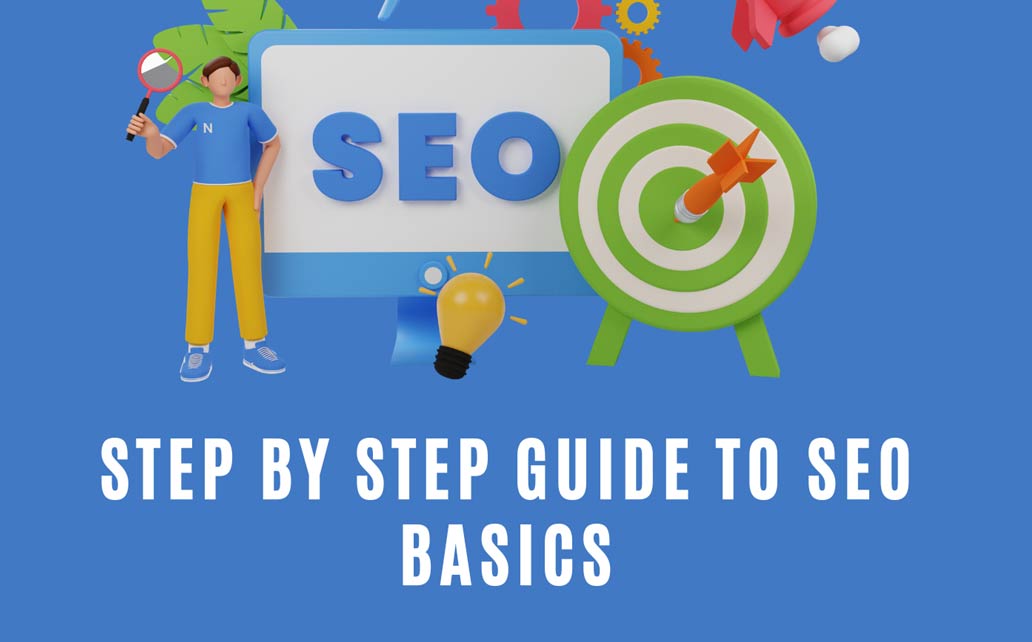As traditional marketing strategies are being transformed into digital ones, implementing SEO as the most effective way to be visible online and attract results is essential for success.
The main objective of SEO is getting the right results, considering the essential factors of SEO. More than 200 factors impact search engine rankings. Below are some of the crucial SEO elements to be considered.
These SEO elements are further categorized into:
- On-page SEO – Elements present on websites that you can control.
- Off-Page SEO – Elements outside your website that you cannot directly control.
On-Page SEO
1. Identify and Index
You won’t be visible unless Google crawls your website and indexes it properly. The Identification of your website determines how easily Google can find it. Google constantly crawls the web using bots to discover new pages. Google crawlers discover content through links. The crawlers of Google submit data to Google to analyze the site and index it. To enhance your site’s Identification and indexability:
- Upload a sitemap: A sitemap is a directory of your website which links to your most important pages: update XML and HTML sitemaps for Google to find your content.
- Internal links: Add links between your pages to help Google discover your content.
- Check your .txt file: Ensure crawlers get the correct information in a text file.
2. Quality Content
Creating high-quality content that provides the information users seek. Users prefer high-quality content on web pages. It is essential to provide accurate, relevant information and ensure that the users get what they need from the content. Be sure your content does not include
- Duplicate information
- Automatically generated content.
- Content with less substance.
- Stuffing keywords more than required
- Doorway pages.
3. Keyword Stuffing
Use keywords properly. Stuffing your pages with keywords is essential, but using them sparingly is a better practice. Overusing them will negatively affect your search engine rankings. Google can increasingly look beyond keywords to determine what a page is about. Include your target keyword in your page’s title tag, H1 heading, and meta description.
4. Search Intent
Search Intent is to know the user’s motive in searching the keyword. It’s essential to understand the search intent of each keyword you target. Search Intent is more precise for some keywords than others. To determine the search intent, search it on Google and look at the top results to see what needs they fulfill. The search intent includes:
- Informational: The user looks to learn something.
- Navigational: The user wants to redirect to some page.
- Transactional: The user wants to buy something.
5. Expertise, Authoritativeness, and Trustworthiness
- Content should be authored by someone with some expertise in the topic.
- The best way to demonstrate authority/reputation is to get links and shares from well-known sources.
- Build trustworthiness for your site or business. Positive reviews demonstrate trustworthiness, accurate information, and adequate website security.
Off-Page SEO
1. Backlinks
Backlinks represent links from other websites and are essential to SEO. Google considers the quality and quantity of backlinks. Therefore, you need many links from reputable sites. Though you cannot control who links to your website, you can implement various methods to improve your backlinks.
- Create high-quality content: Content is considered the King. Creating quality content adds value to your site as others link to their pages.
- Conduct outreach: Look for pages related to your topic. Email the author and suggest that they link to your page.
- Write guest posts: Write a guest post and link to your page. Avoid link building which is viewed as spam by google.
Do contact us if you require link building or link earning SEO services.
2. Social signals
You can indirectly boost your SEO by sharing social media shares. Increasing traffic from social media generates more backlinks, which Google values highly. In turn, this generates more backlinks. Here are some ideas to encourage social sharing.
- Share your business’s content on social media
- Regularly posts to gain a following
- To make it easy for people to share your content, include social sharing buttons on your website.
- Topics trending on social media (and relevant to your business) are best to write.
- Make sure your headlines are catchy and shareable.
To improve SEO performance, for more details, consult Digital Catalyst.
